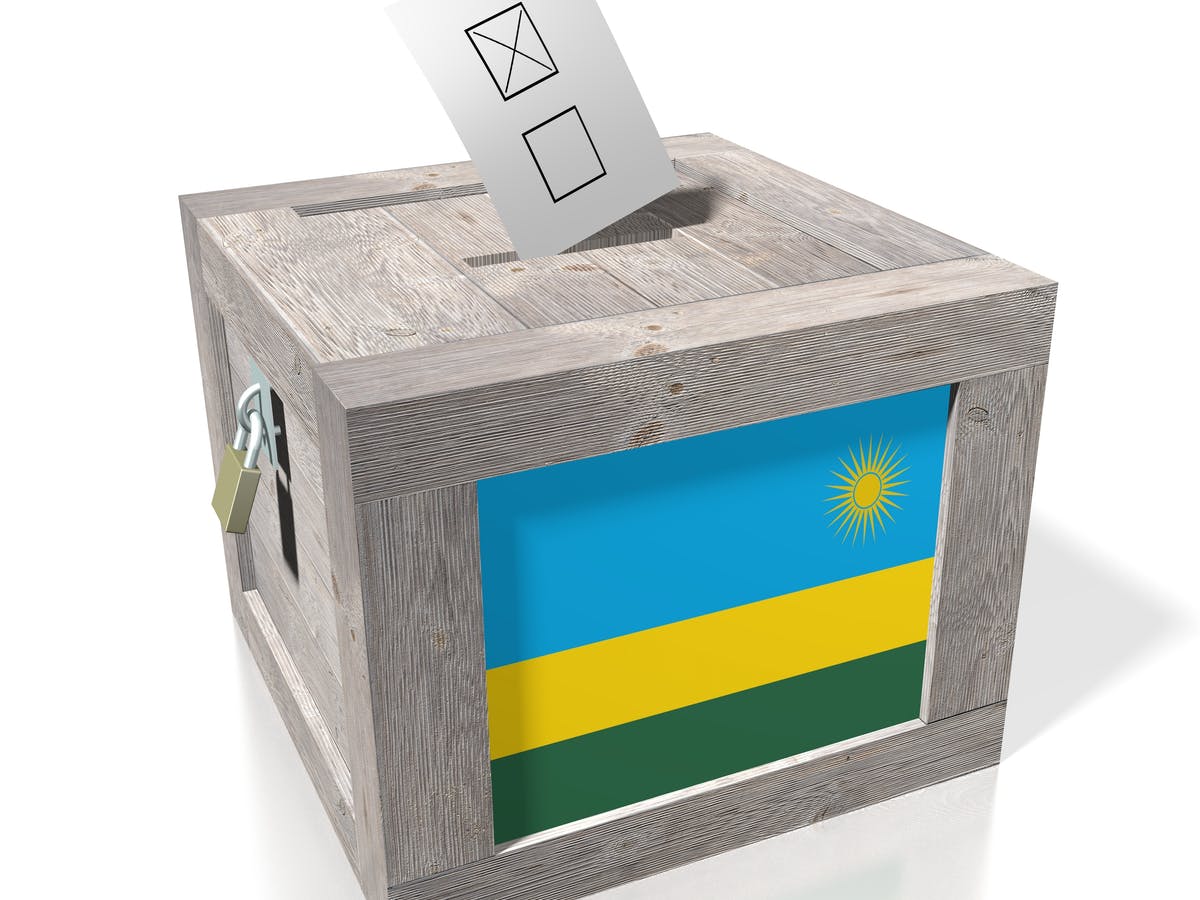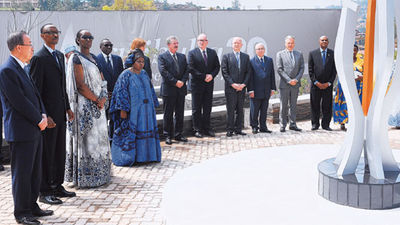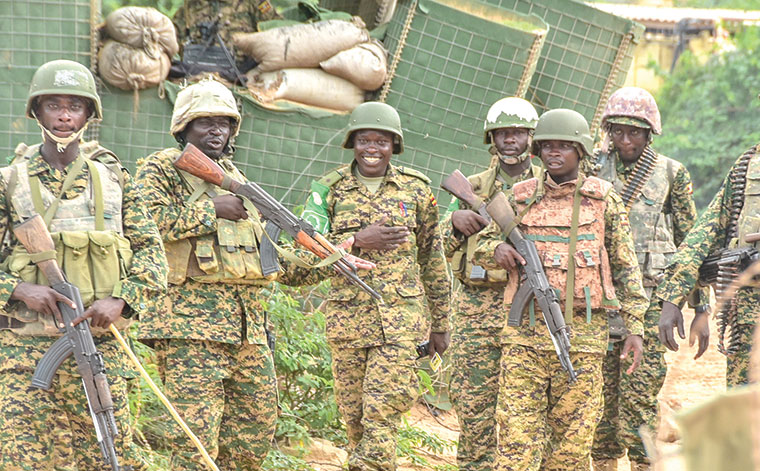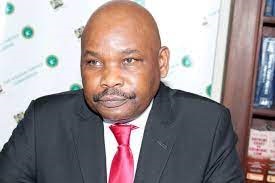Regional
What terror convict Paul Rusesabagina has in common with Holocaust impostor Enric Marco
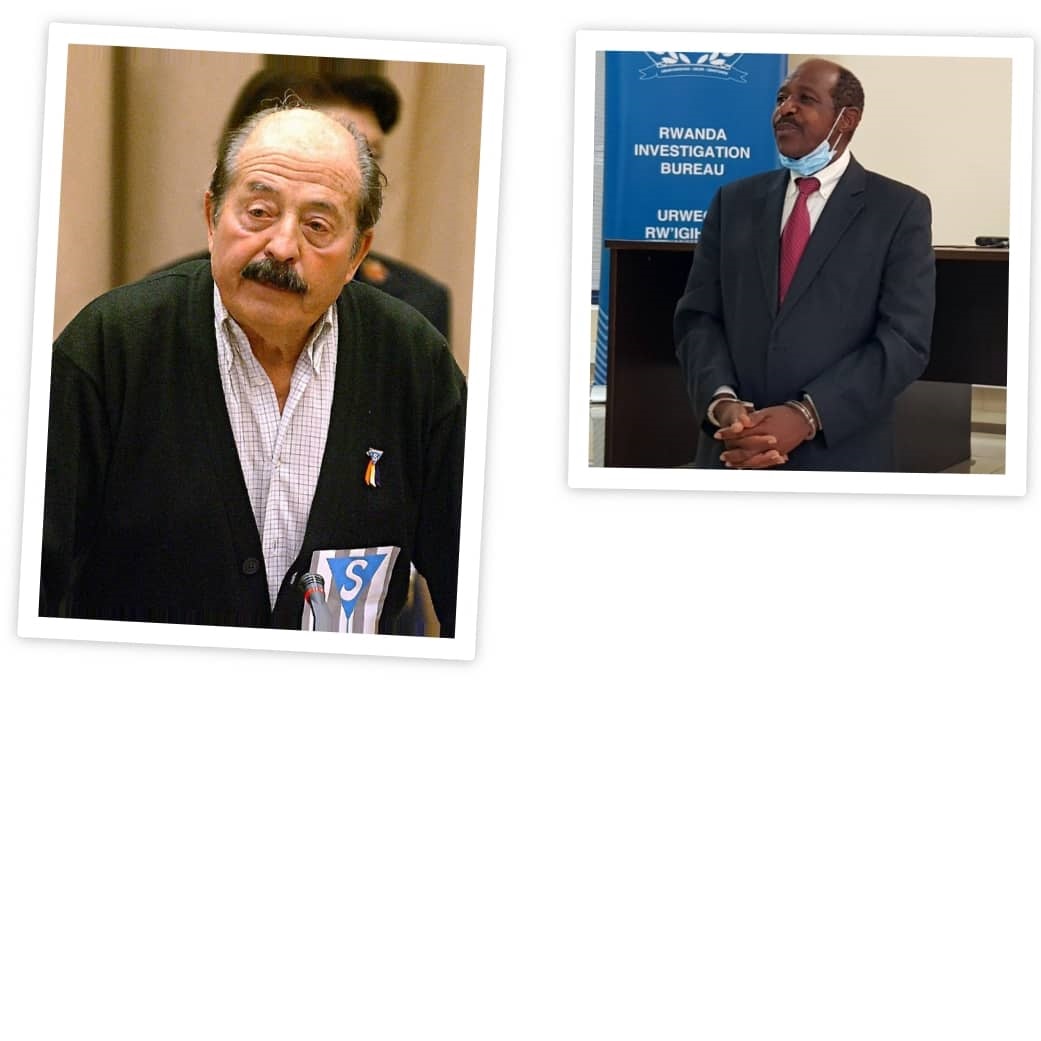
Paul
Rusesabagina is not Rwanda’s Oskar Schindler, the German industrialist and
member of the Nazi Party credited with saving the lives of 1,200 Jews during
the Holocaust, as claimed by few individuals. Those who promote this narrative
are people who closely worked with Rusesabagina as he conned unsuspecting
audiences for more than 15 years.
In
reality, Rusesabagina is the Enric Marco of Rwanda.
Born
April 12, 1921 in Barcelona, Marco is an impostor who claimed to have been a
prisoner in Nazi German concentration camps Mauthausen and Flossenbürg during
the World War II. He was awarded the Creu de Sant Jordi by the Catalan
government in 2001 and wrote a book on his supposed experience. In 2005, Marco
would admit his claims were false and returned his medal after his deception
was exposed by historian Benito Bermejo, an expert on Spain's deportees.
Bermejo
became interested in Marco after meeting him at a conference in 2002. The
University researcher found his story especially intriguing as Marco claimed to
have been imprisoned in Flossenbuerg, a camp in Bavaria and an unusual
destination for a Spanish deportee. Bermejo read all the versions he could find
of Marco's past, starting with his claim that he had been an anarchist forced
to flee to France from his home city of Barcelona after the Spanish Civil War
had been lost.
The
historian was curious but then became very perplexed especially a Marco's
version of events changed each time he told it, both about the camp and how he
had got there. Marco collaborated with Spanish writer Javier Cercas in a book
entitled El Impostor (The Impostor), a book in which the writer suggests Marco
was confronted at Mauthausen with Bermejo's findings by his Amical colleagues
and admitted being a Third Reich volunteer worker.
“The
Impostor,” a nonfiction, is the history of an ugly and wildly successful
lie. For three decades, Marco was a
prominent public face of Spanish survivors of the Holocaust; president of a
survivors’ association, and the recipient of a number of awards and
distinctions. This Spanish Holocaust impostor, Marco, was exposed as a liar and
con man back in 2005. Like Marco, Rusesabagina misled the world through his
"Hotel Rwanda" project.
Like
Marco, Rusesabagina was exposed as truth about his exact role at the Hotel des
Mille Collines emerged. When Cercas
unmasked Marco, he condemned what he called ‘the misapprehension and cynical
use of the past’, describing it as one of “the gravest threats to humanity”. “He
who controls the past, controls the present and the future,” Cercas wrote in
“The Impostor,” listed for the 2018 Man Booker International Prize.
The
claim of being a survivor was just one of Marco’s most shocking falsehoods.
Other lies included his name, birthdate, war wounds, and his role in the
resistance. Similarly, depiction of Rusesabagina as a hero is a shocking falsehood.
Sometimes, fact and fiction turned out to be elaborately pleached. Yes, Marco
was in Germany during the war, but as part of a voluntary work programme
established by General Francisco Franco of Spain and Adolph Hitler, the leader
of Germany during the Second World War.
Yes,
Rusesabagina was at the Hotel des Mille Collines during the Genocide against
the Tutsi. He arrived at the hotel on April 13, 1994 after the genocidal
government fled Hotel Diplomate which was under his management and headed to
Murambi. His narrative of events at the hotel is a work of fiction. Rusesabagina
himself initially hinted several times that “Hotel Rwanda” was a fiction.
For
instance, after the screening of "Hotel Rwanda" in Berlin, 16 years
ago, he was asked if the story in the movie was true and he said, “When a chef
cooks a steak he has to add salt and pepper." But, surprisingly, he would
be declared a hero and he himself went on to claim that status, picking up
medals and awards as a result.
He
traveled around the world defrauding people on his fake heroism platform,
speaking at more than 450 conferences over 15 years by his own account. However,
although there are similarities between Marco and Rusesabagina, there are also
stark differences. Marco faked his survivor’s experience to get famous but it
was later revealed that he actually had psychological problems linked to his
background. But in Rusesabagina’s case, he invented the story of his heroism to
get money, popularity and a platform on which to pursue his political
ambitions.
Lying
is one thing and this would probably not have landed him into trouble although
people knew he was up to something. Something sinister. But then time came and
he crossed the line. As he desperately pursued his political ambitions,
Rusesabagina co-founded the MRCD political alliance and its subsequent armed
wing, the FLN, which he publically pledged full support of despite its fatal
attacks on Rwandan soil.
In a
video, now re-posted on YouTube after it had been removed from the MRCD YouTube
Channel following his arrest, Rusesabagina spoke about the creation of MRCD
(Rwanda Movement for Democratic Change) during a virtual news conference on
July 16, 2020. He declared: “We started MRCD in November 2016. It was a
coalition of CNRD-Ubwiyunge led by Wilson Irategeka and PDR-Ihumure led by
myself. After a long discussion, we set five pillars under one platform. The
first pillar is what is being carried out by our soldiers. The second was
diplomacy, the third was mobilisation, the fourth was communication, and the
fifth was finance.
“We
worked together and, toward the end of 2017, our brothers from Rwanda
Revolutionary Movement (RRM) led by Callixte Nsabimana wanted to join us. “After
a long discussion, RRM was accepted in March 2018 and we were successful in our
actions, that’s when we started asking ourselves the name we will give our
soldiers”.
These
“solders” are the same that killed innocent people in Rwanda in attacks on
villages and public transport in 2018 and 2019, attacks that both Rusesabagina
and Nsabimana (also arrested) would claim responsibility for. The victims of
these acts of terrorism will sleep soundly knowing that both Rusesabagina and
Nsabimana and their accomplices in the fatal attacks have been brought to book.


